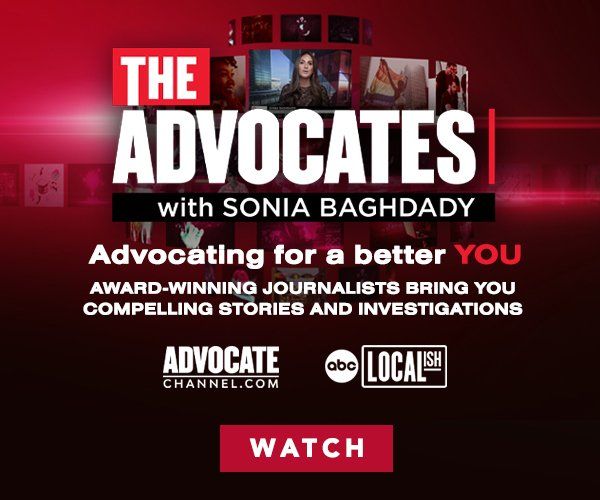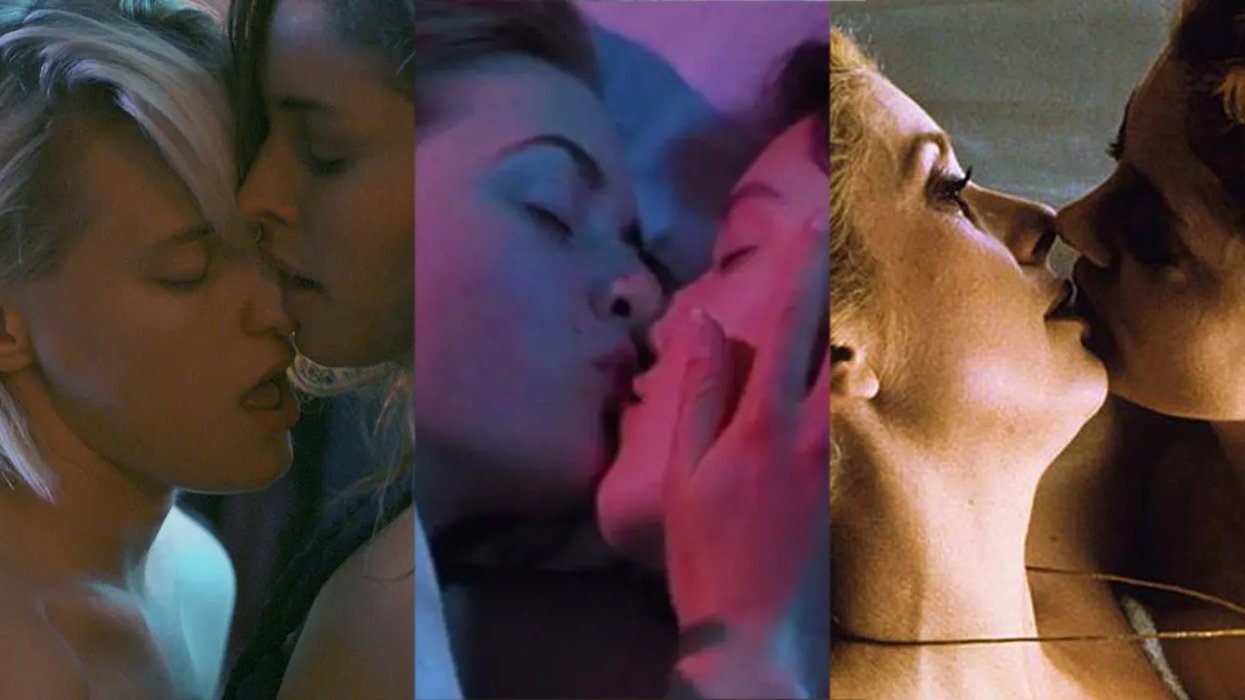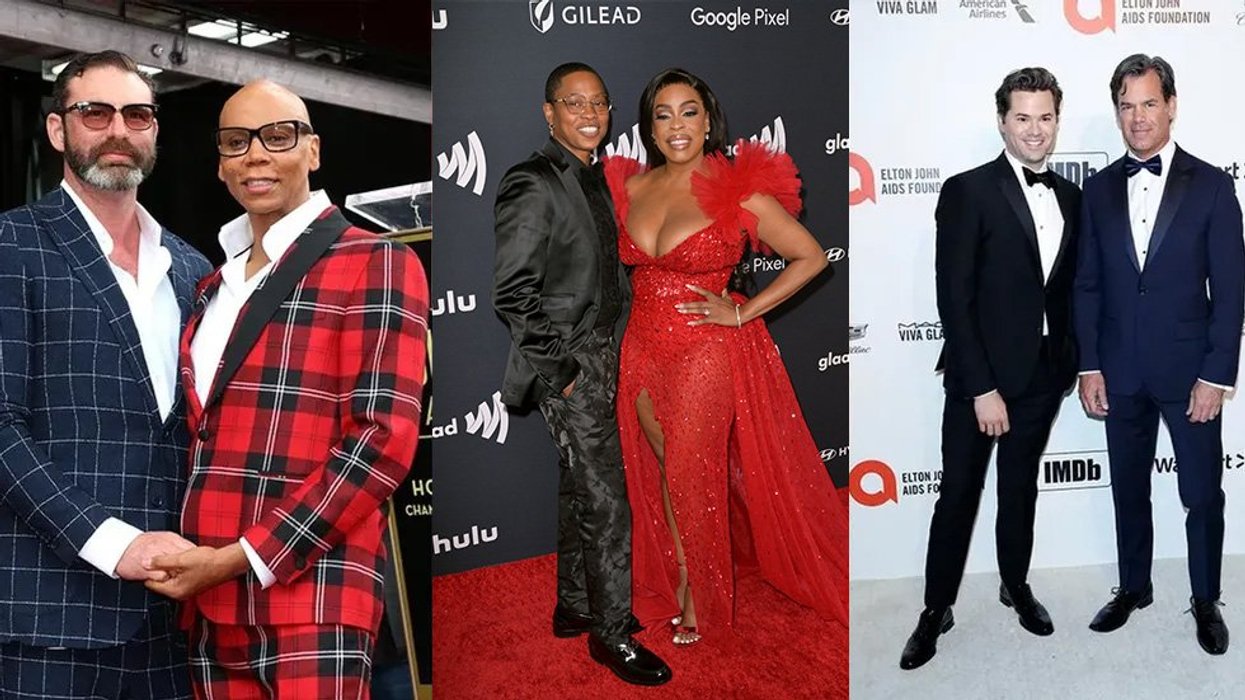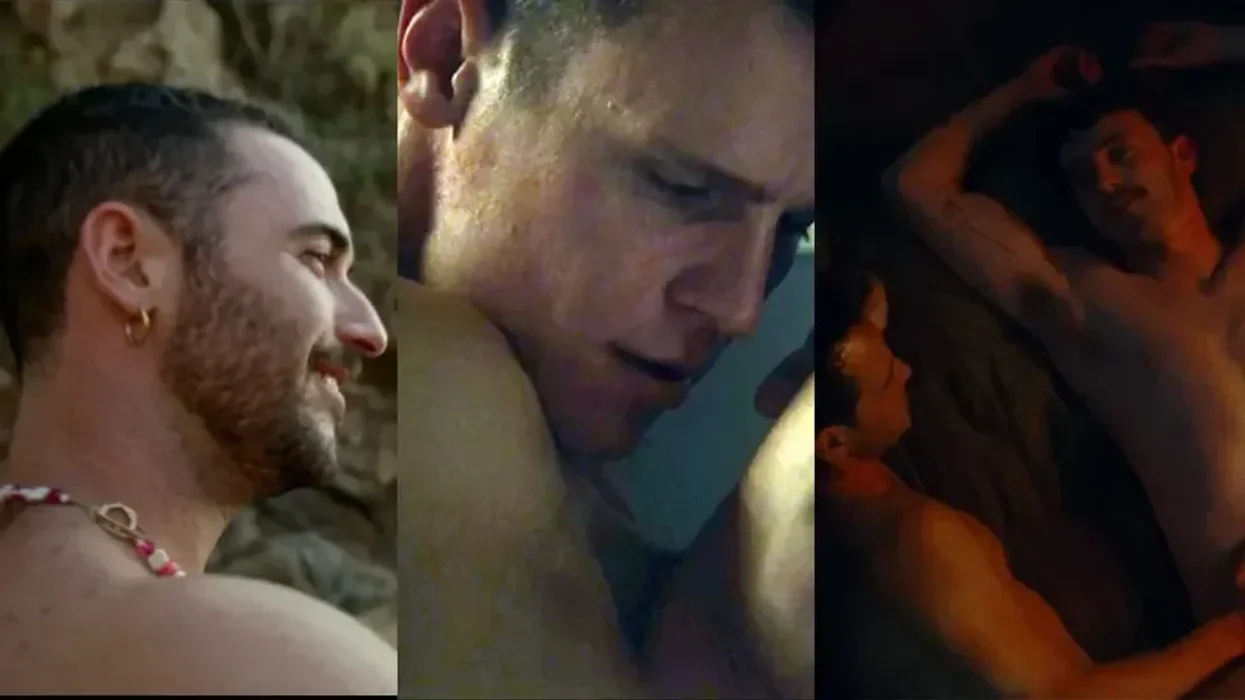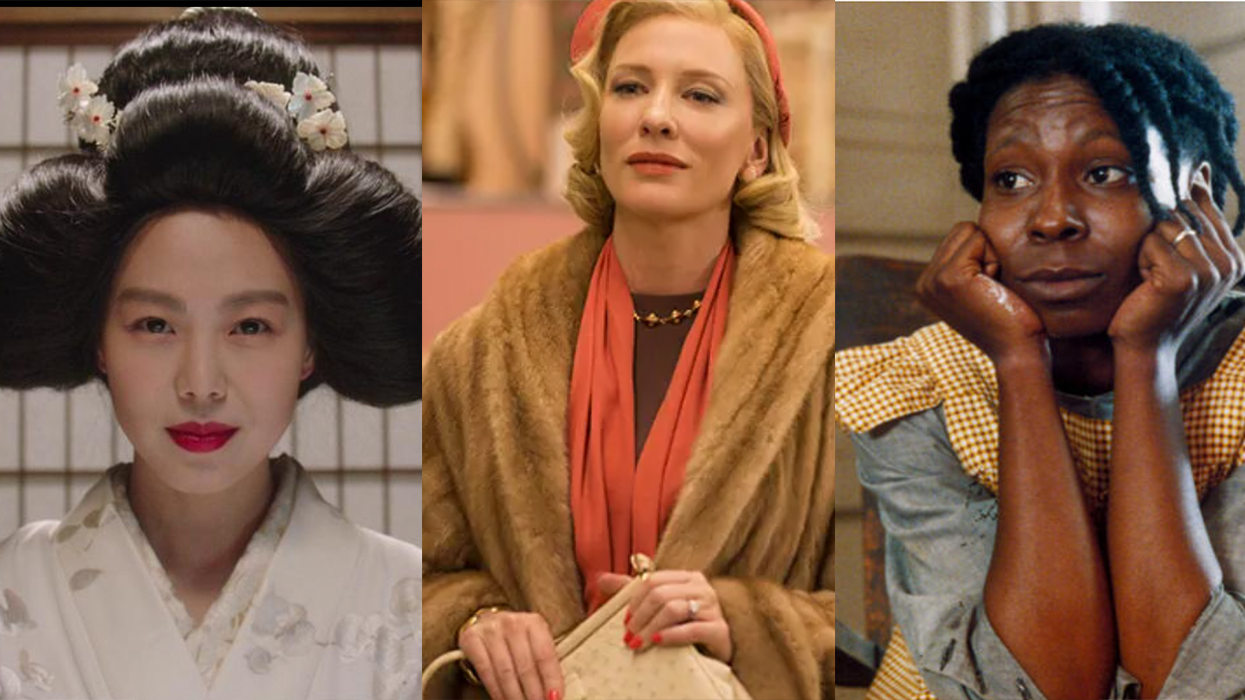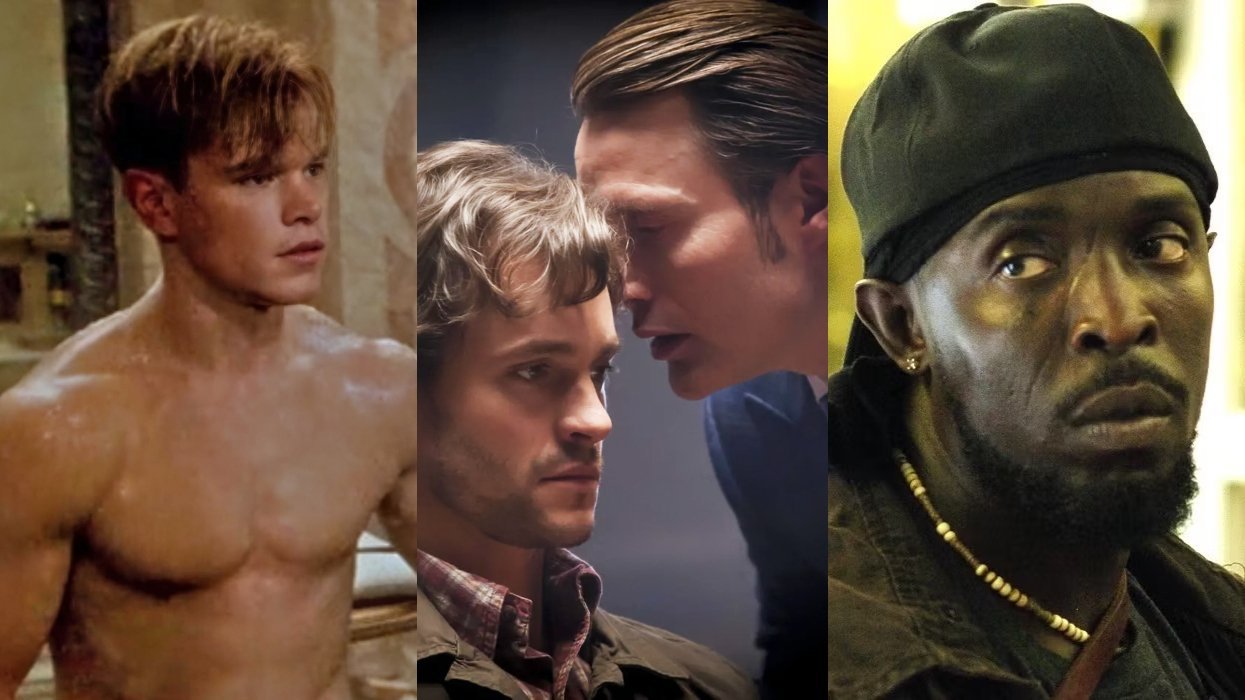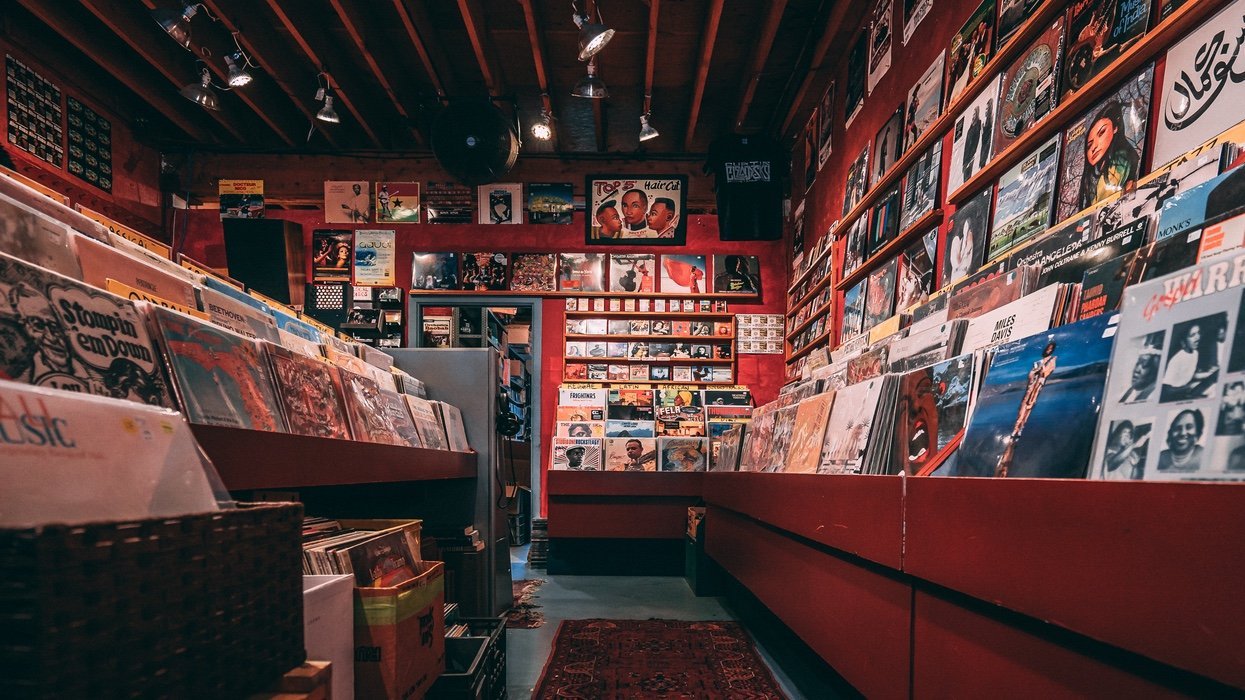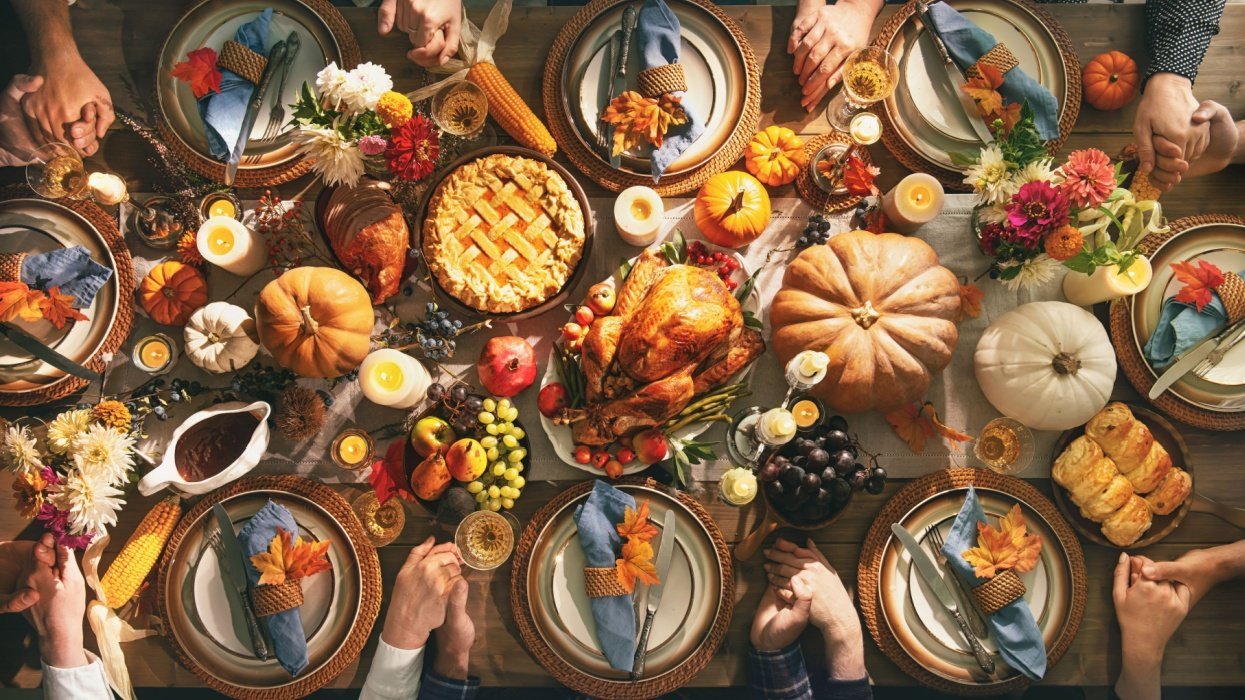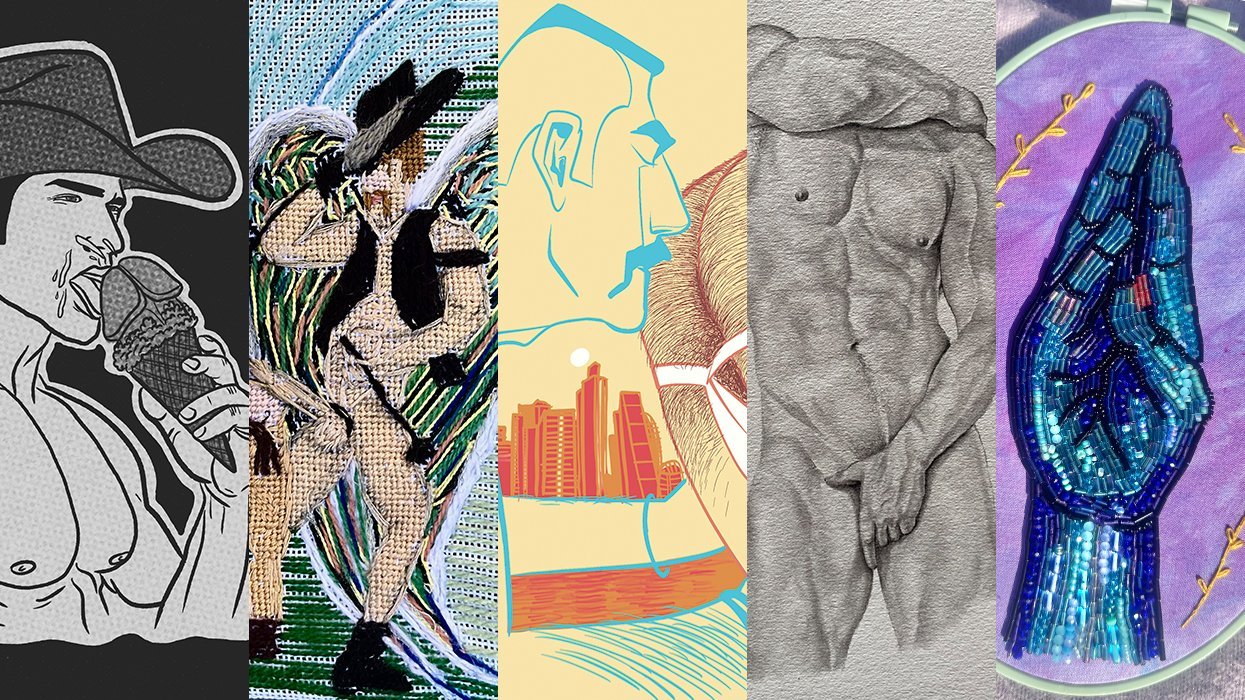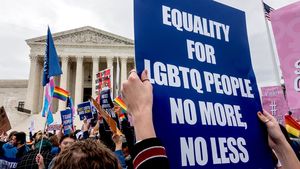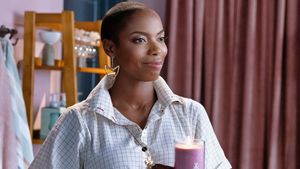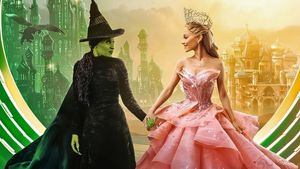There's nothing equal (or gay) about marriage. It's an outdated concept, an antiquarian vestige, a ghost of social mores past.
The resistance to marriage as an oppressive institution, particularly for women, has taken many forms: in Victorian times lesbians avoided marriage by forging independent careers; flappers flouted female convention in the 1920s; and abolitionist-era suffragettes worked toward the emancipation not just of slaves but of themselves as well.
More recently, twentieth century Second Wave radical feminists sought to eradicate marriage as an inherently patriarchal institution along with other oppressive institutions such as organized religion, mandatory motherhood and other sexist relics.
In the United States today, marriage is on the rocks, hanging off a cliff even. We actually live in a divorce culture. Depending on where you find your statistics, between 7 and 47 percent of marriages end in divorce. And, this sorry state of marriage is being addressed in both the straight and queer communities.
For example, in a recent issue of the Atlantic Magazine, playwright and author Sandra Tsing Loh penned an article entitled "Let's Call the Whole Thing Off" about the demise of her 20 year heterosexual marriage followed by a discussion about the American ideal of marriage having lost its utility. Loh's article was heatedly discussed and debated in the mainstream press. The Wall Street Journal published an editorial piece by writer Kay Hymowitz castigating marriage opponents and claiming only low income people and African Americans are rejecting-or failing at-marriage.
Liberal blogger Amanda Marcotte wrote, partially as a response to much of the criticism about Loh's piece, "Marriage is failing people as an institution...start untying all the benefits that lure people into marriage and expanding them to all people-health insurance, hospital visitation rights, tax breaks-so that married people don't get special status over the unmarried."
more on next page...
\\\
(continued)
However, Loh's piece-and the discussion that ensued-was completely ignored by the LGBT community and gay media. Why? If same-sex marriage is worth fighting for, why has the lesbian and gay press and community at large not jumped into the middle of the debate still reverberating from the Atlantic article? Are we afraid of facing the truth of Loh's underlying message: marriage is dead and the timeworn institution no longer serves modern society and its citizens, particularly women?
Legal theorist, law professor, poet and author Ruthann Robson says she comes at the issue from a libratory perspective and anti assimilationist stance. She asks women (and men) to challenge their own beliefs about everything they do and every action they take. In legalese, the "interrogation" of our belief and value systems is paramount to putting the brakes on acting on and believing in ideas just because "that's the way it's always been." Marriage is an example of a tradition overtaking both practicality and reason that goes largely uninterrogated.
Robson also explains that in the LGBT community if there is something we cannot have then it's a case of us wanting it no matter, sometimes without thinking it through and often without considering the consequences.
Marriage is one of these cases. The approximately 1,100 rights and responsibilities (and as Robson points out, burdens) that accompany state-sanctioned marriage need to be unbundled and separated completely from marriage and given to individuals regardless of marital status. This will stop privileging supposedly normative monogamous couples and/or nuclear families-straight or gay. This would also change the landscape of marriage entirely. Then what Robson terms "compulsory matrimony" would lose its validity and individuals might focus on finding ways to have fulfilling relationships in all their permutations. Isn't that what is really important after all?
more on next page...
\\\
(continued)
"Beyond Marriage," a statement published by Queers for Economic Justice, states this in another way: "We believe LGBT movement strategies must not only democratize recognition and benefits, but also speak to the widespread hunger for authentic and just community."
In a bit of a twist on the marriage discussion, academic, activist, and writer Yasmin Nair posits the neutering of queer sexual culture by gay marriage cheerleaders. She indicates that the de-sexualizing of LGBT people hurts our community as well as straight society. In fact, Nair, who blogs for The Bilerico Project and Queercents, states, "While I would actually say all that is secondary to the economic argument, it's still an important argument that hasn't been made... this de-sexing of marriage, not just gay/queer sexual culture, but sexual culture period...I think that has a lot to do with the history of gay queer people vis-à-vis straight people...the fears of seeing gay people automatically as pedophiles for instance...."
Nair continues, "It comes with a huge cost, a cost that we cannot talk any longer about ourselves as sexual beings...sexuality, which is queer in itself, is being denied...It's very normative that we don't have sex yet we somehow have children-in some ways it's easy for us because we don't give birth, we supposedly recruit or we adopt and so on and so forth And, it's all about this happy family, the family values that all of this comes at a cost of denying our queerness for ourselves and for other people as well."
It's time for us to reject the call to ride the so-called marriage equality bandwagon. Marriage is not our friend; it serves no practical purpose. For anyone in the LGBTQ community who believes in social justice, our energies and monies are better spent fighting for economic justice for all: access to quality healthcare, living wages, affordable housing, adequate childcare and a gamut of issues that are real, pressing and increasingly necessary in today's financially and socially depressed times.
Marriage does nothing to rectify these problems for the majority of LGBTQ people. It's an elitist reality, marriage, a pretty looking package filled with false hope.
Read more of Stephanie's work.










































